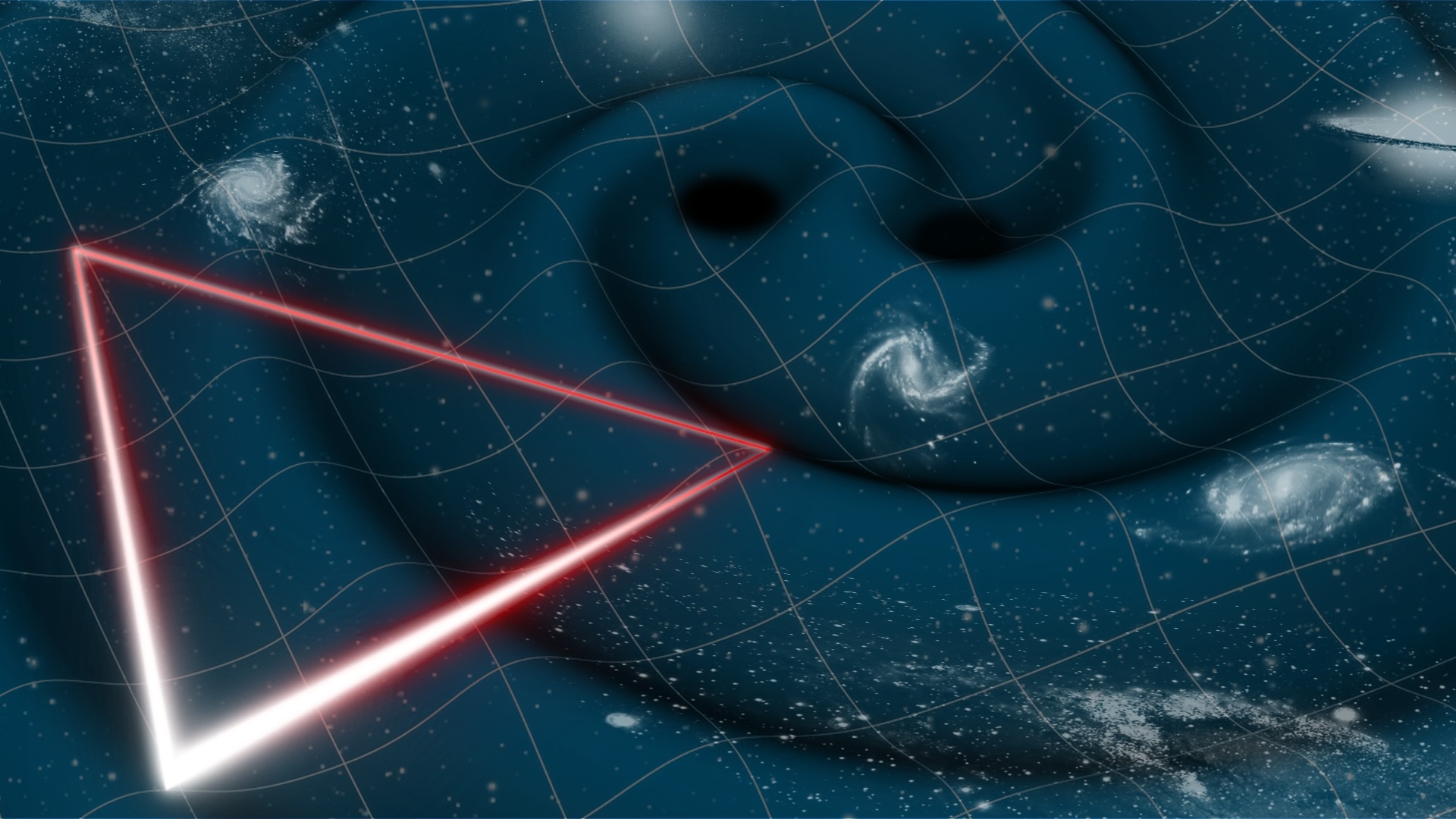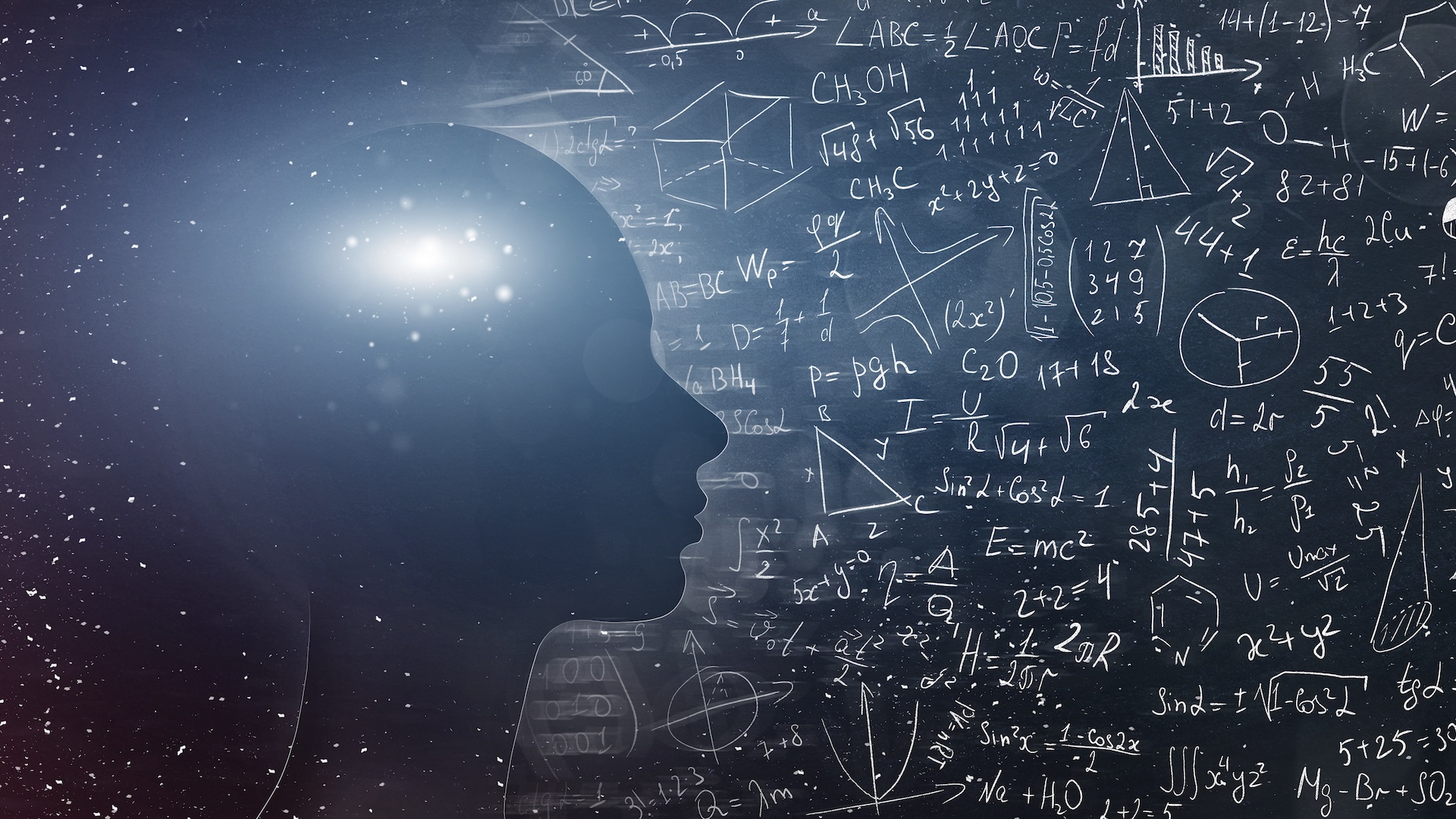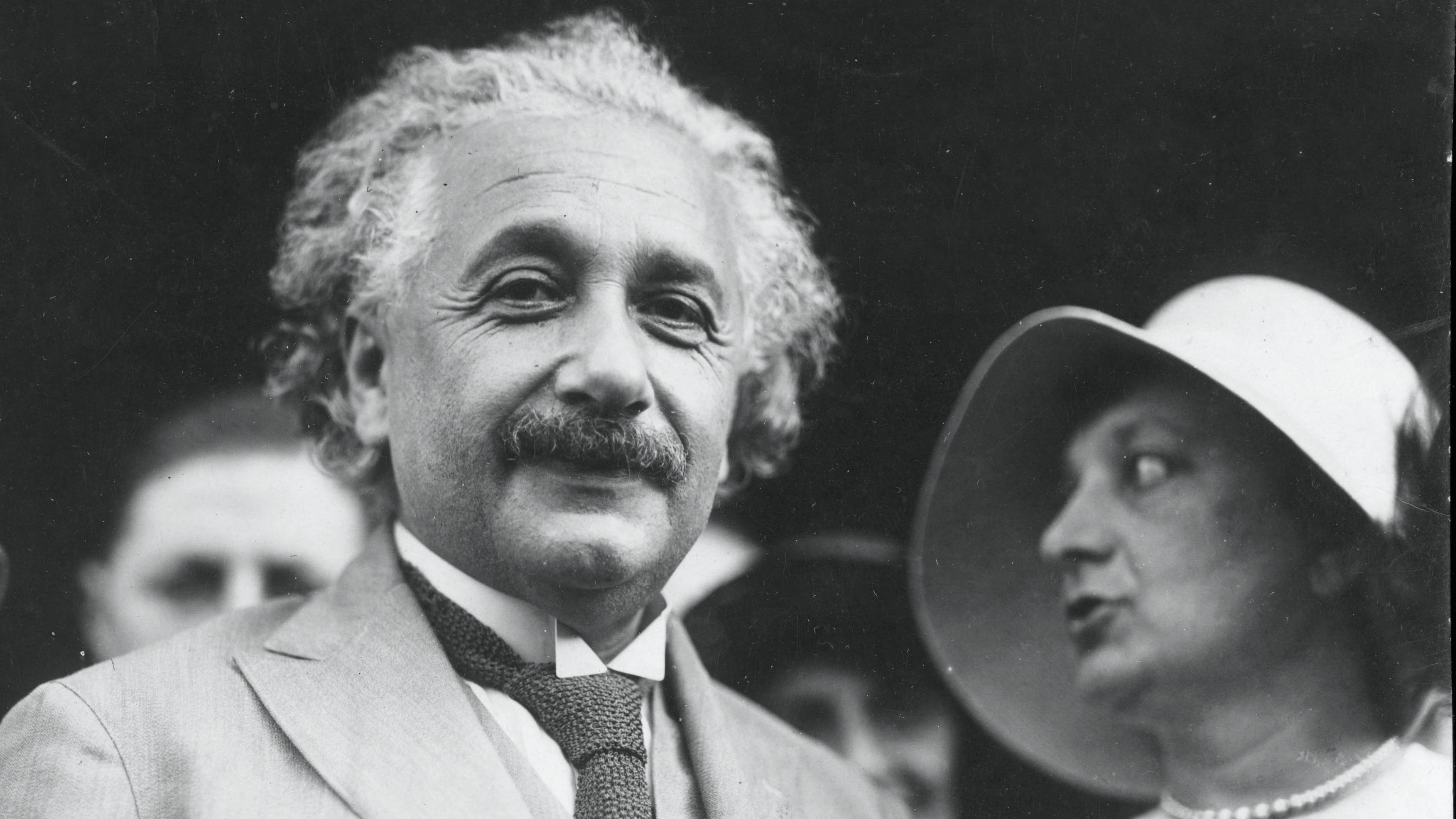Physics & mathematics news, features and articles
Explore Physics & Mathematics
Editor's Picks
Latest about Physics & Mathematics

Scientists create weird 'time crystal' from atoms inflated to be hundreds of times bigger than normal
By Ben Turner published
By blowing atoms up to several hundred times their size, researchers have been able to make another type of oddly-behaving time crystal.
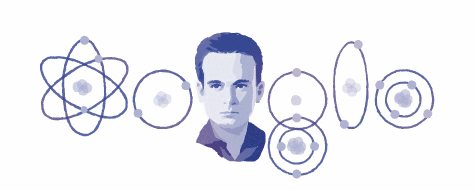
Google Doodle honors César Lattes, Brazilian physicist who discovered a long-sought particle hidden in cosmic rays
By Ben Turner published
The physicist César Lattes, who is honored today (July 11) in a Google Doodle, is famous across Latin America for his discovery of the pion — a subatomic particle produced by shockwaves from exploding stars.
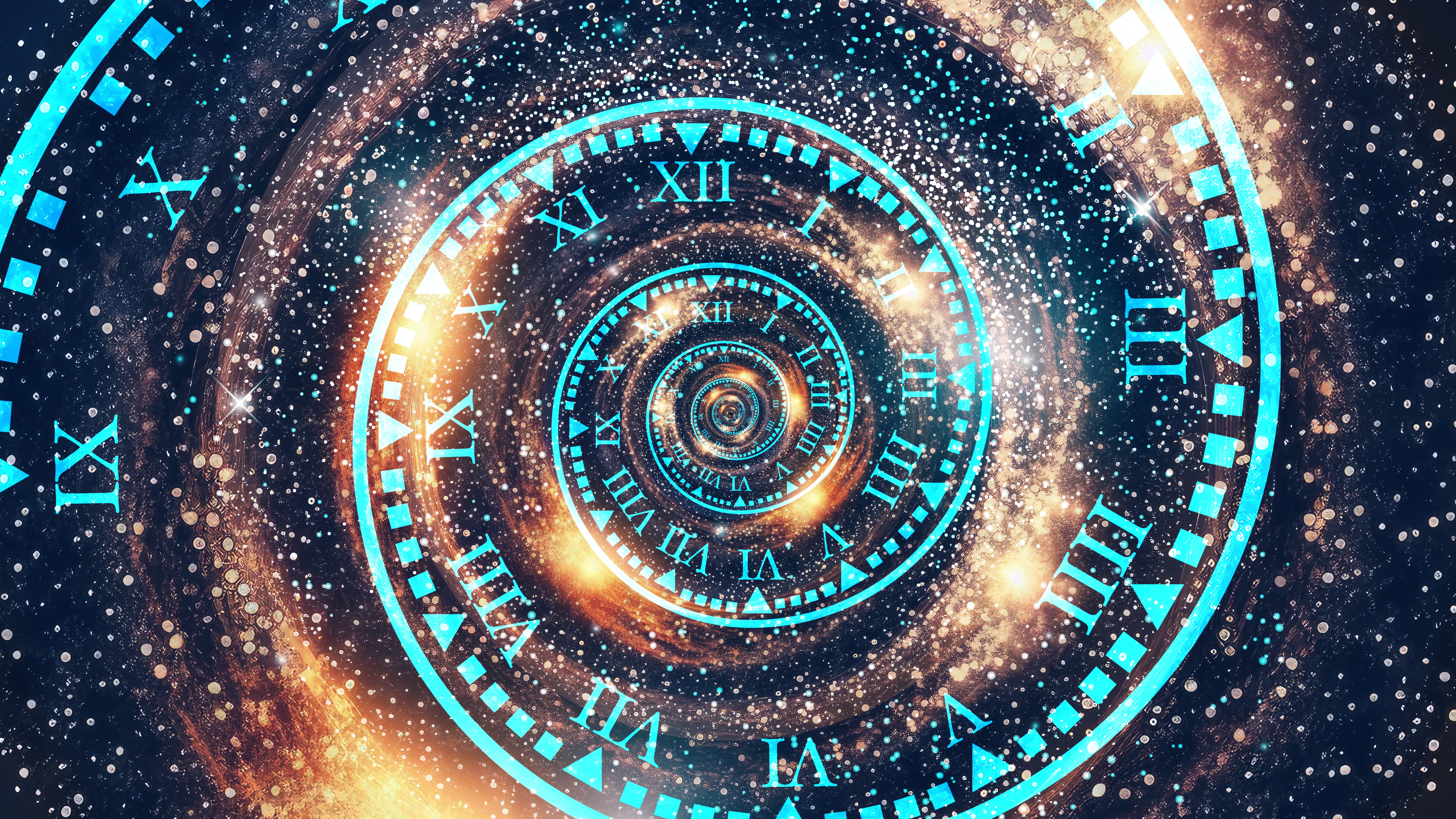
Time might be a mirage created by quantum physics, study suggests
By Ben Turner published
Physicists have struggled to understand the nature of time since the field began. But a new theoretical study suggests time could be an illusion woven at the quantum level.
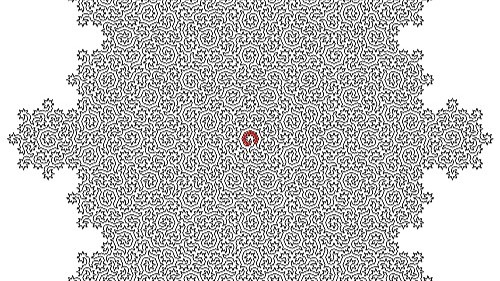
World's most difficult maze could help reveal the secrets of otherworldly quasicrystals
By Ben Turner published
Scientists created a maze-like fractal inspired by the movements of chess pieces. The ultra-difficult maze could help to improve our understanding of bizarre quasicrystals.
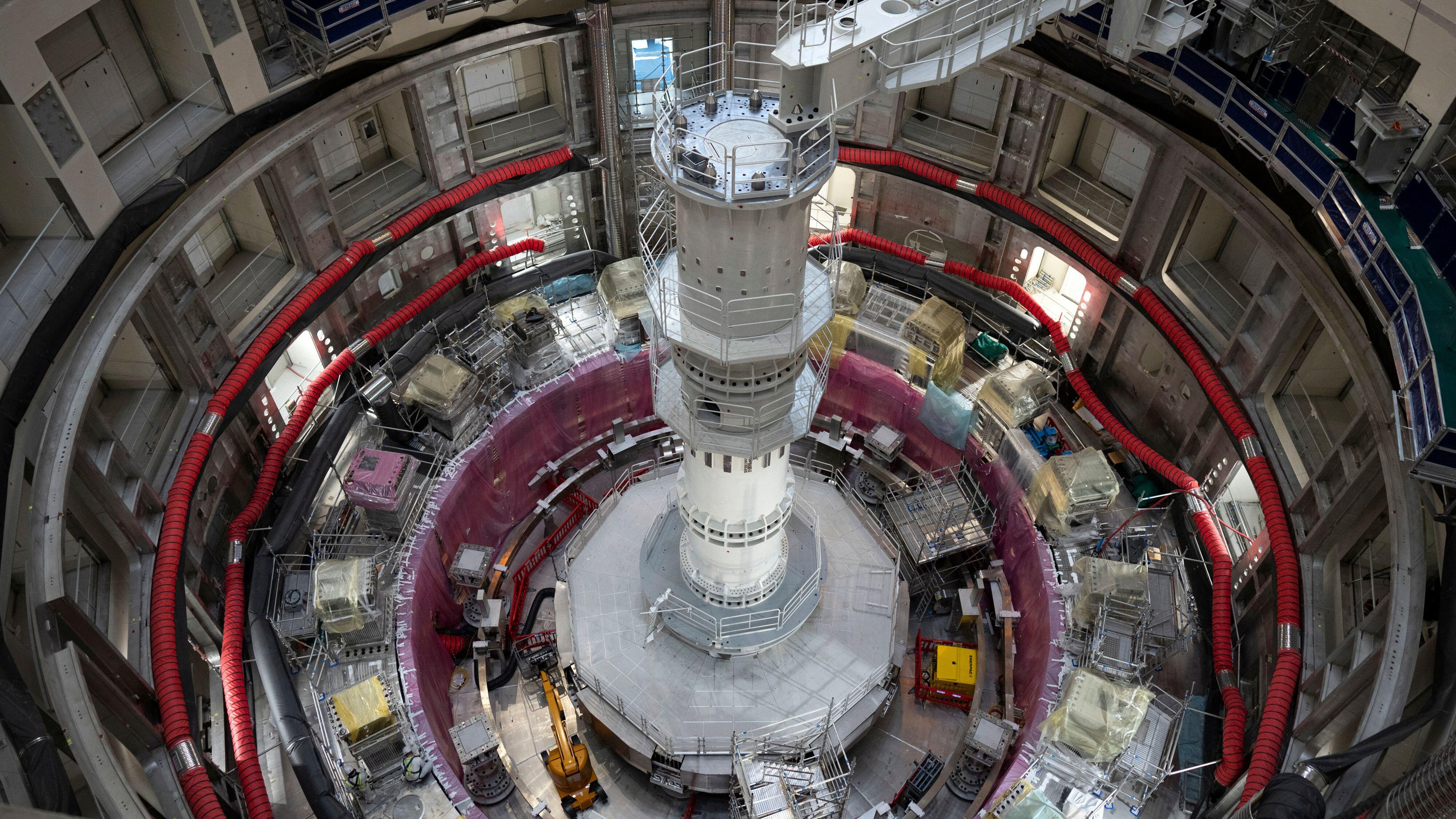
World's largest nuclear fusion reactor is finally completed. But it won't run for another 15 years.
By Ben Turner published
ITER, a $28 billion fusion reactor in France, has finally had its last magnetic coil installed. But the reactor itself won't fire up fully until 2039 at the earliest.
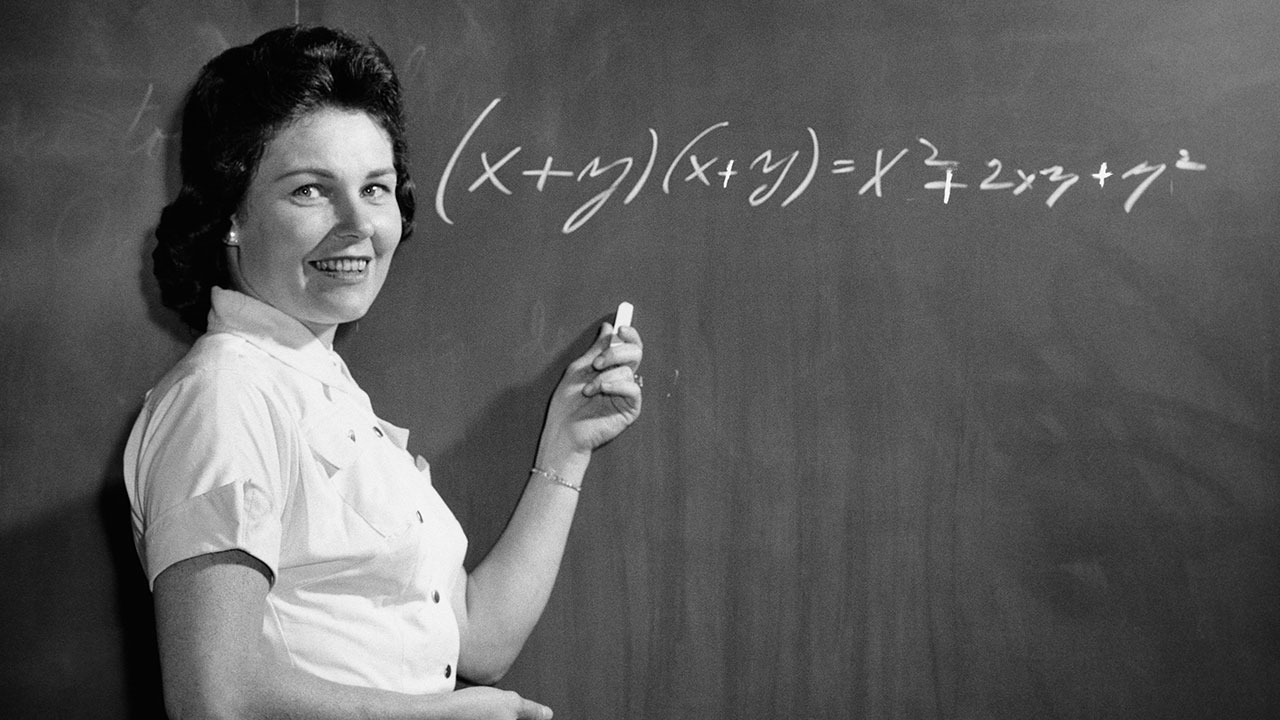
'The beauty of symbolic equations is that it's much easier to … see a problem at a glance': How we moved from words and pictures to thinking symbolically
By Robyn Arianrhod published
"Even the +, −, =, and x signs we take for granted only came into widespread use in the 17th century. Which means that the earlier algebraists we know of … all had expressed their equations mostly in words or pictorial word images"
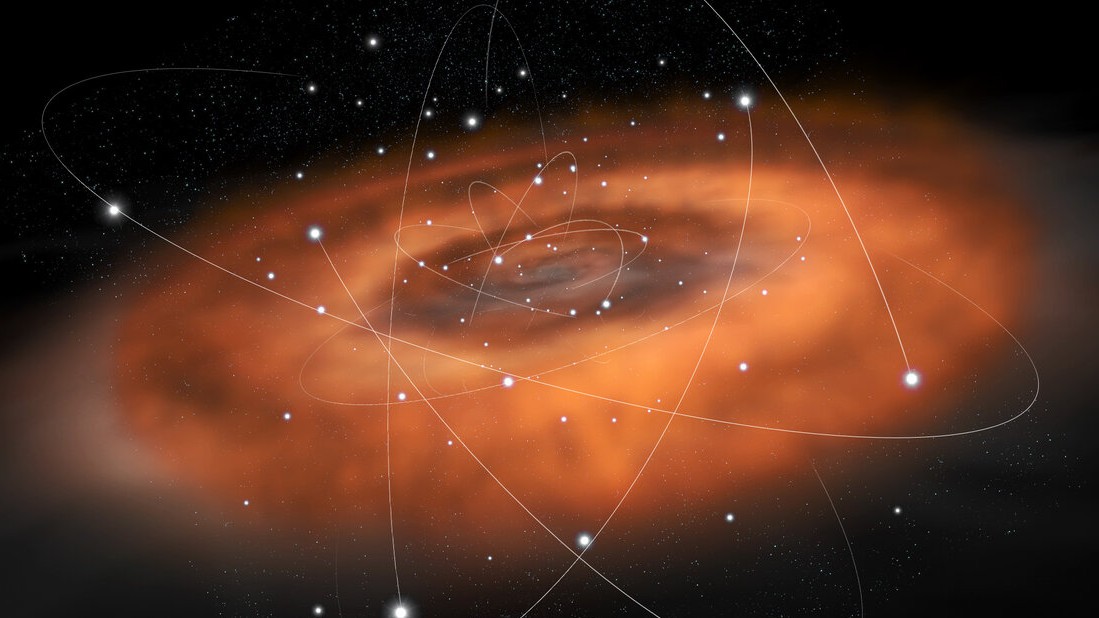
'Immortal' stars at the Milky Way's center may have found an endless energy source, study suggests
By Andrey Feldman published
Strange stars clustered near the Milky Way's center are much younger than theory predicts is possible. New research suggests their youth could actually be eternal — and fueled by annihilating dark matter.
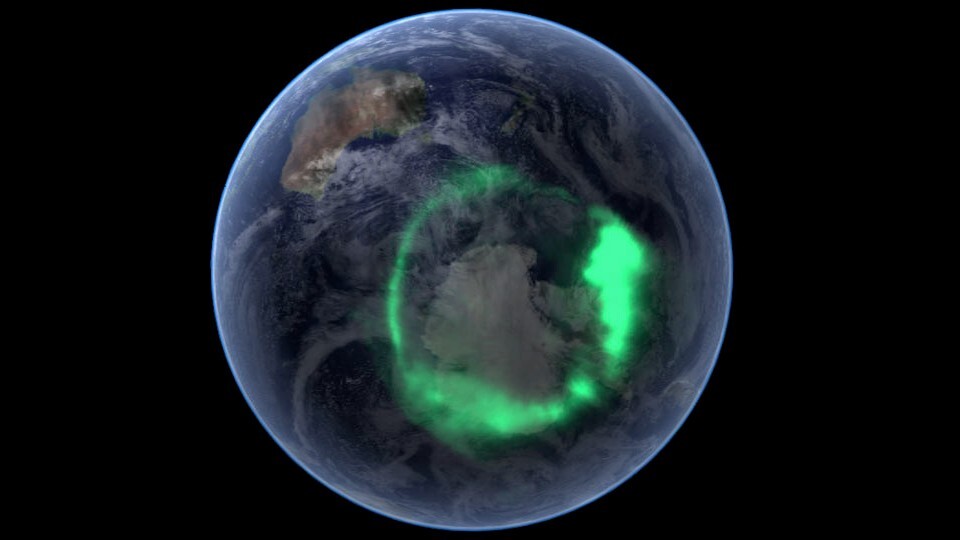
Earth's upper atmosphere could hold a missing piece of the universe, new study hints
By Paul Sutter published
Mysterious dark matter could slosh over our planet like a wave. If it does, it may produce telltale radio waves in Earth's atmosphere, new theoretical research suggests.
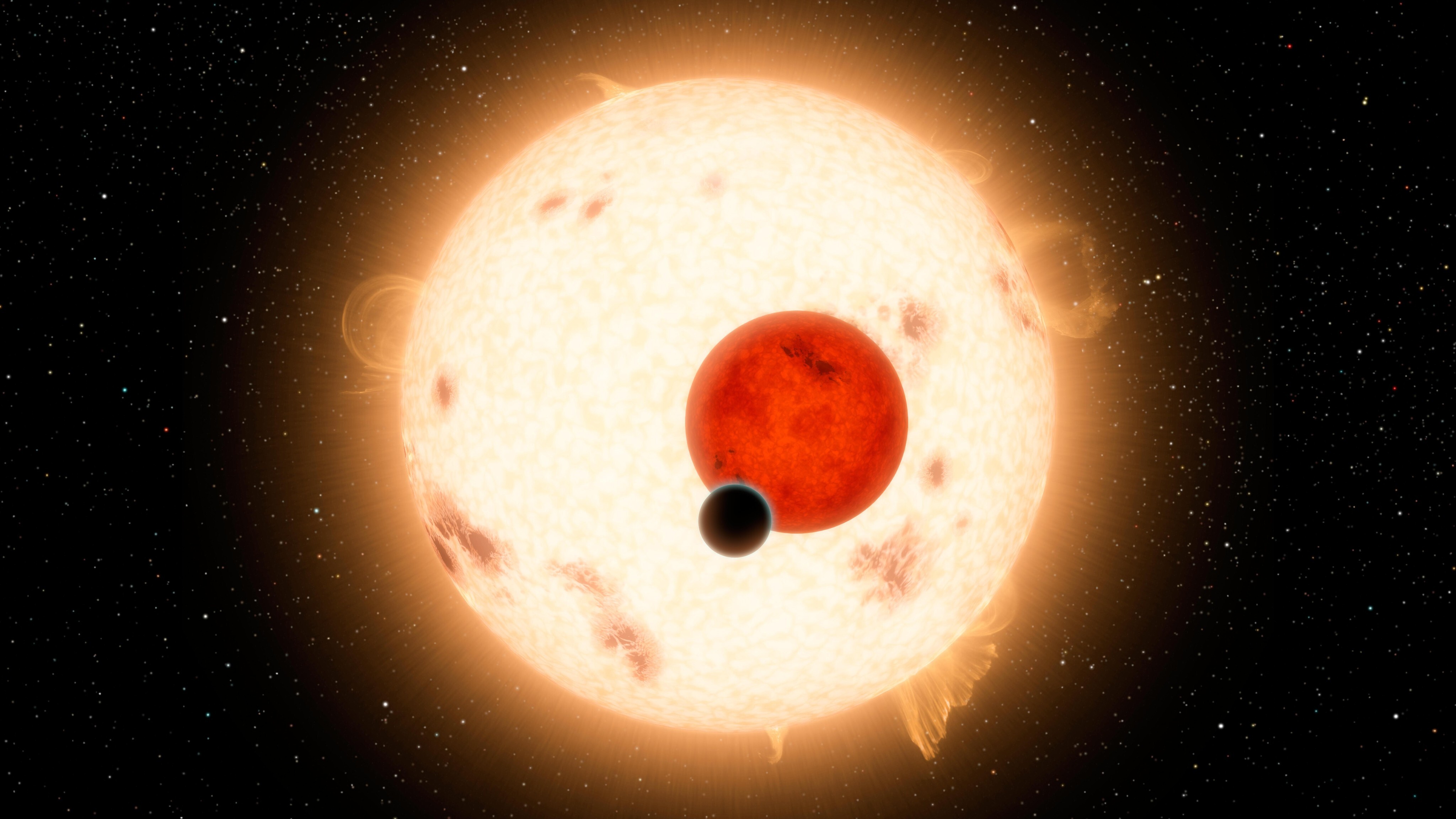
What is the 3-body problem, and is it really unsolvable?
By Skyler Ware published
The three-body problem is a physics conundrum that has boggled scientists since Isaac Newton's day. But what is it, why is it so hard to solve and is the sci-fi series of the same name really possible?
Sign up for the Live Science daily newsletter now
Get the world’s most fascinating discoveries delivered straight to your inbox.

